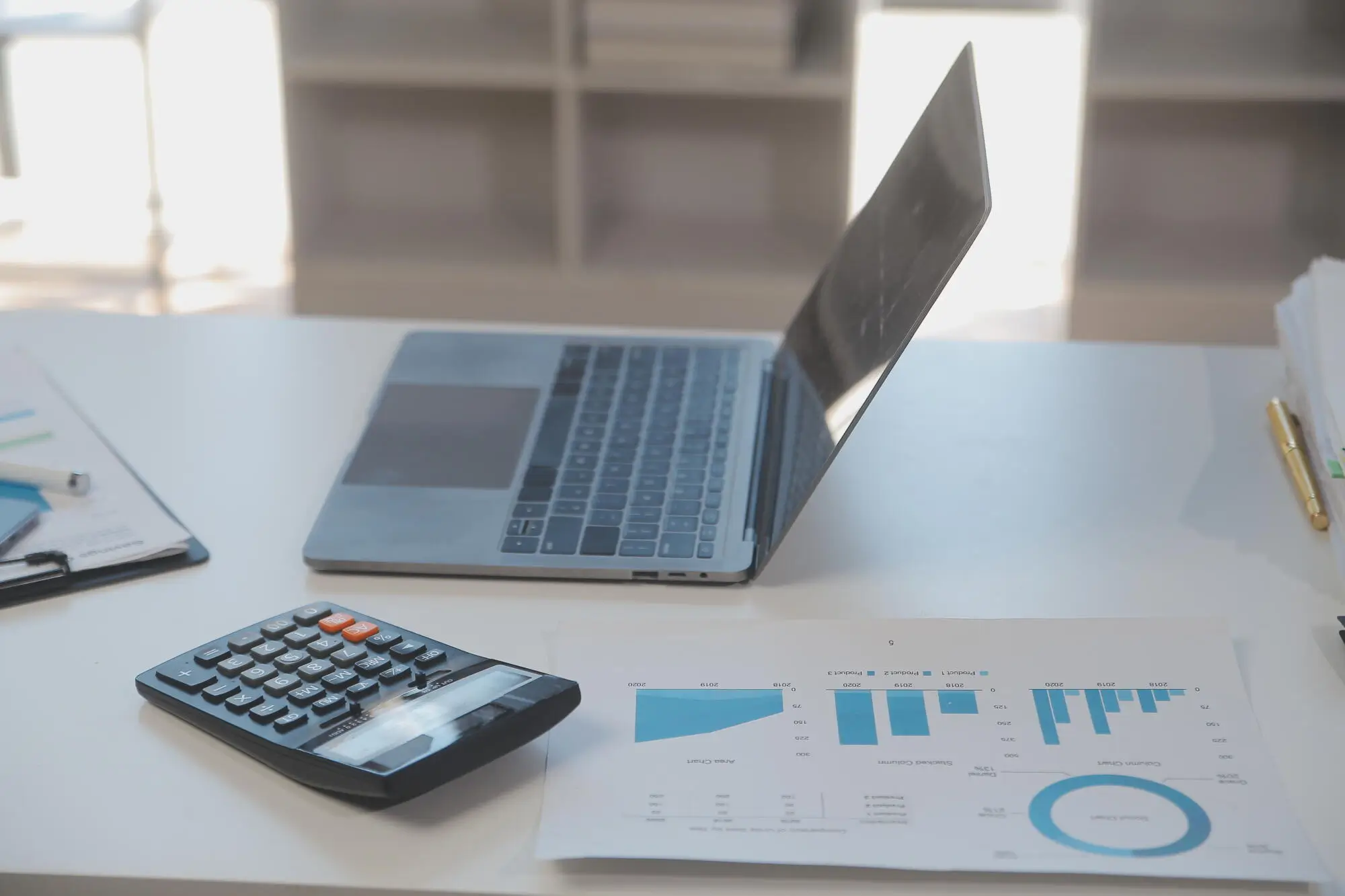You're knee-deep in a sea of receipts, bank statements, and tenant ledgers. Your once-tidy desk now resembles a paper tornado's aftermath. Sound familiar, fellow landlord? Fear not! Whether you're a seasoned property mogul or a first-time investor, mastering the art of rental property accounting can transform that chaos into crystal-clear financial clarity.
Read on to learn the top rental property accounting record tips landlords need.
Property Management Accounting: Separate Business and Personal
Keeping your rental property's income and expenses in their own bank account not only helps you stay organized but also makes it easier to track your cash flow. By maintaining a dedicated account for your rental properties, you can avoid the confusion that often comes from mixing personal and business transactions, which can complicate tax preparation and financial analysis.
When business and personal finances are mixed, it becomes challenging to identify deductible expenses, which could lead to missed opportunities for tax savings. Separating finances ensures that you have a clear financial picture of how each property is performing.
Track Everything
In rental property accounting, diligent tracking of every financial transaction is essential to maintaining accurate records. This means logging all income, including collected rent, as well as tracking every expense, such as:
- Repairs
- Maintenance
- Property management fees
- Insurance
By tracking everything consistently, you ensure that nothing slips through the cracks, and you'll have a clear view of the financial health of your rental property.
One of the best ways to track all transactions is by using rental property accounting software, which allows you to track rental income and expenses in real time. Having a system in place for regular, detailed tracking simplifies financial reporting, streamlines tax filing, and provides a solid foundation for assessing your property's profitability.
Hire Property Managers
Hiring a Jacksonville property manager can be a game-changer when it comes to keeping accurate rental property accounting records. Property managers not only handle day-to-day operations but also help streamline financial management.
They can:
- Track rental payments
- Manage expenses
- Provide detailed financial reports
ensuring that you have a clear, organized view of your property's financial performance.
Property managers have experience in managing accounting systems designed specifically for rental properties. They can help ensure your records are up-to-date and compliant with local regulations.
These experts often use sophisticated software that simplifies tasks like generating owner statements, calculating profits, and identifying deductible expenses. By handling these aspects for you, they reduce the risk of human error and free up your time to focus on other aspects of your real estate investments.
Don't Forget Taxes
As a property owner, you're responsible for paying income taxes on your rental income, as well as property taxes, and possibly self-employment taxes if you manage the property yourself.
Taking the time to organize rental finances and expenses throughout the year will make tax time much easier and help you maximize deductions.
Use These Rental Property Accounting Tips Today
With these rental property accounting records tips, you'll have more organized records in no time.
Are you searching for more rental accounting tips? Jacksonville property managers can help. Green River Property Management has over 15 years of experience helping landlords like you succeed on the local market.






